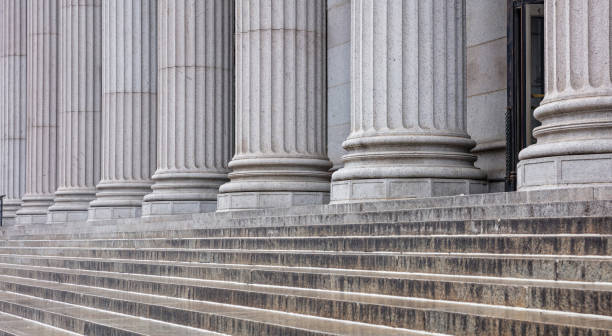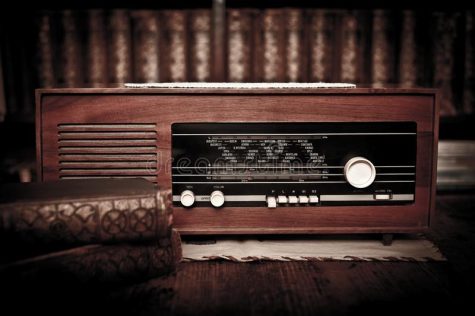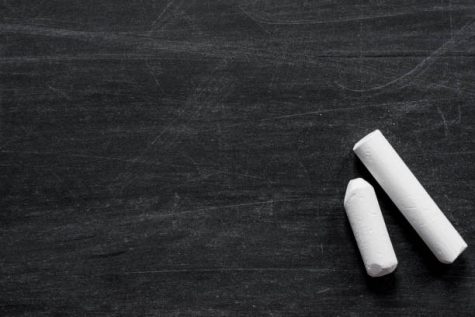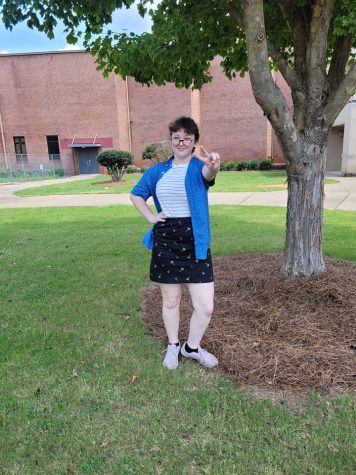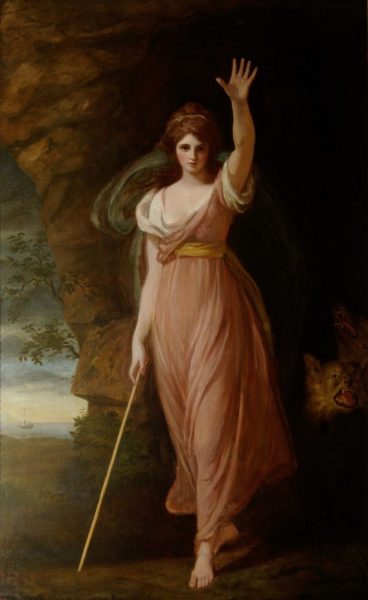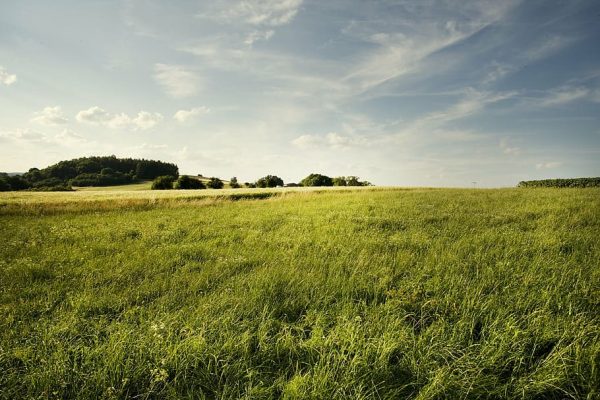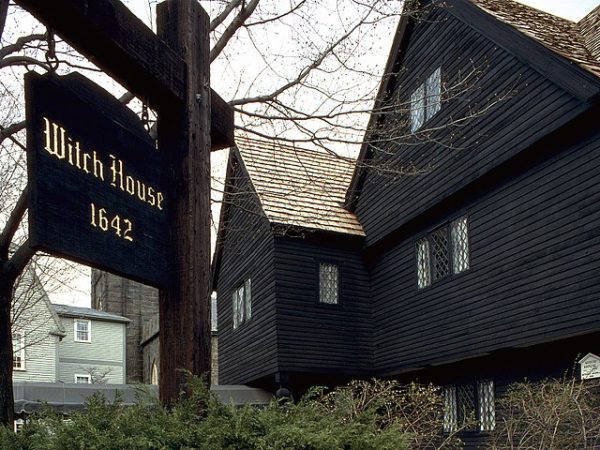What Happens When Freedom of Expression is Prohibited?
Stone colonnade and stairs detail. Classical pillars row in a building facade
July 9, 2022
School is about learning, that’s a fact. But when you are raised to understand that your education is the most important thing, you would think that students would have an appropriate environment to do so. With the horror of banned books, and anti-LGBTQIA+ legislation like the Parental Rights in Education bill, there are a plethora of reasons for students to feel unheard, or even unsafe at school.
Banned books have been a hot-button topic for quite a while. According to an essay, “Censorship of Literature in the High School Setting” by Deborah S. Blanco, a book can be banned from a school’s library for including include offensive language, sexually explicit, homosexuality, violence, drugs, nudity, religious viewpoint, and the occult. Some of these reasons make sense, and others… seem a little ridiculous. The main reason that banning books is an issue, is the hypocrisy of it. Why ban a book for gay characters, when last year for 9th grade literature I had to read “Of Mice and Men” that uses racial slurs, and a man gets shot in the head by the end?
So, who decides this, what we read and what we do not? General guidelines are not up to parents, or even school by school teachers. Within the parameters given, teachers may choose “appropriate” books.
The Parental Rights in Education bill’s title sounds good at face value. Parents having a say in their child’s education, what could be wrong with that? Everything. The bill, which has been deemed by news sources such as CNN and NPR as the “Don’t Say Gay Bill,” says that children. This harms children by creating an environment of making them feel like they are wrong or like they won’t be able to make friends because of one detail of their life. Not only this, but it affects LGBTQI+ parents that may not feel comfortable putting their kids in public schools where they may now be bullied or looked down on.



